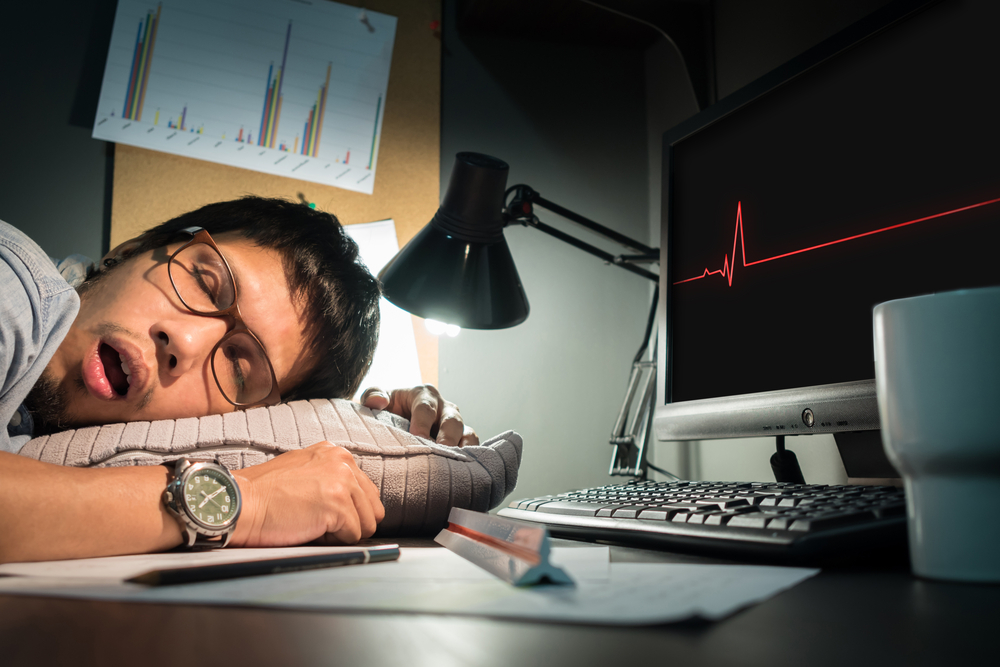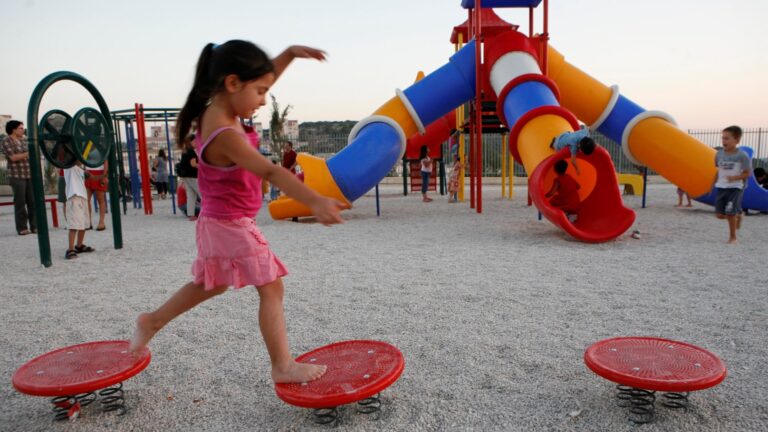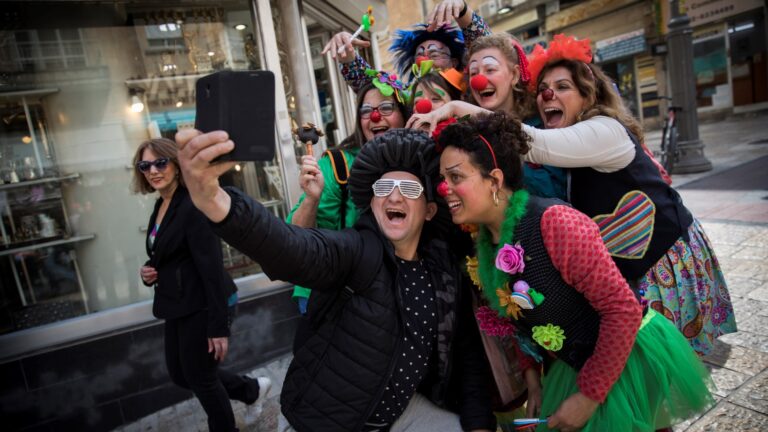How to get a good night’s sleep tops the list for many people with sleeping disorders the world over. Now a new Israeli study has bad news for the creative community coveting successful pillow time.
The researchers sought to understand how two types of creativity – visual and verbal – influence objective aspects of sleep such as duration and timing (indexes such as the time of falling asleep and waking up), and subjective aspects – sleep quality.
Art and social science students participated in the study. The findings showed that among all the participants, the higher the level of visual creativity, the lower the quality of their sleep.
“Visually creative people reported disturbed sleep leading to difficulties in daytime functioning,” says doctorate student Neta Ram-Vlasov, one of the authors of the study. “In the case of verbally creative people, we found that they sleep more hours and go to sleep and get up later. In other words, the two types of creativity were associated with different sleep patterns. This strengthens the hypothesis that the processing and expression of visual creativity involves different psychobiological mechanisms to those found in verbal creativity.”
The study defined creativity according to four characteristics: fluency – the ability to produce a wide range of ideas; flexibility – the ability to switch easily between different thought patterns in order to produce this wide range of ideas; originality – the unique quality of the idea relative to the ideas in the environment; and elaboration – the ability to develop each idea separately.
The current study was undertaken by Prof. Tamar Shochat of the Department of Nursing and doctorate student Ram-Vlasov of the Graduate School of Creative Art Therapies at the University of Haifa, together with Amit Green from the Sleep Institute at Assuta Medical Center and Prof. Orna Tzischinsky from the Department of Psychology at Yezreel Valley College.
“It is possible that a ‘surplus’ of visual creativity makes the individual more alert, and this could lead to sleep disturbances,” the researchers wrote. “On the other hand, it is possible that it is protracted sleep among verbally creativity individuals that facilitates processes that support the creative process while they are awake. In any case, these findings are further evidence of the fact that creativity is not a uniform concept. Visual creativity is activated by – and activates – different cerebral mechanisms than verbal creativity.”
Fighting for Israel's truth
We cover what makes life in Israel so special — it's people. A non-profit organization, ISRAEL21c's team of journalists are committed to telling stories that humanize Israelis and show their positive impact on our world. You can bring these stories to life by making a donation of $6/month.







